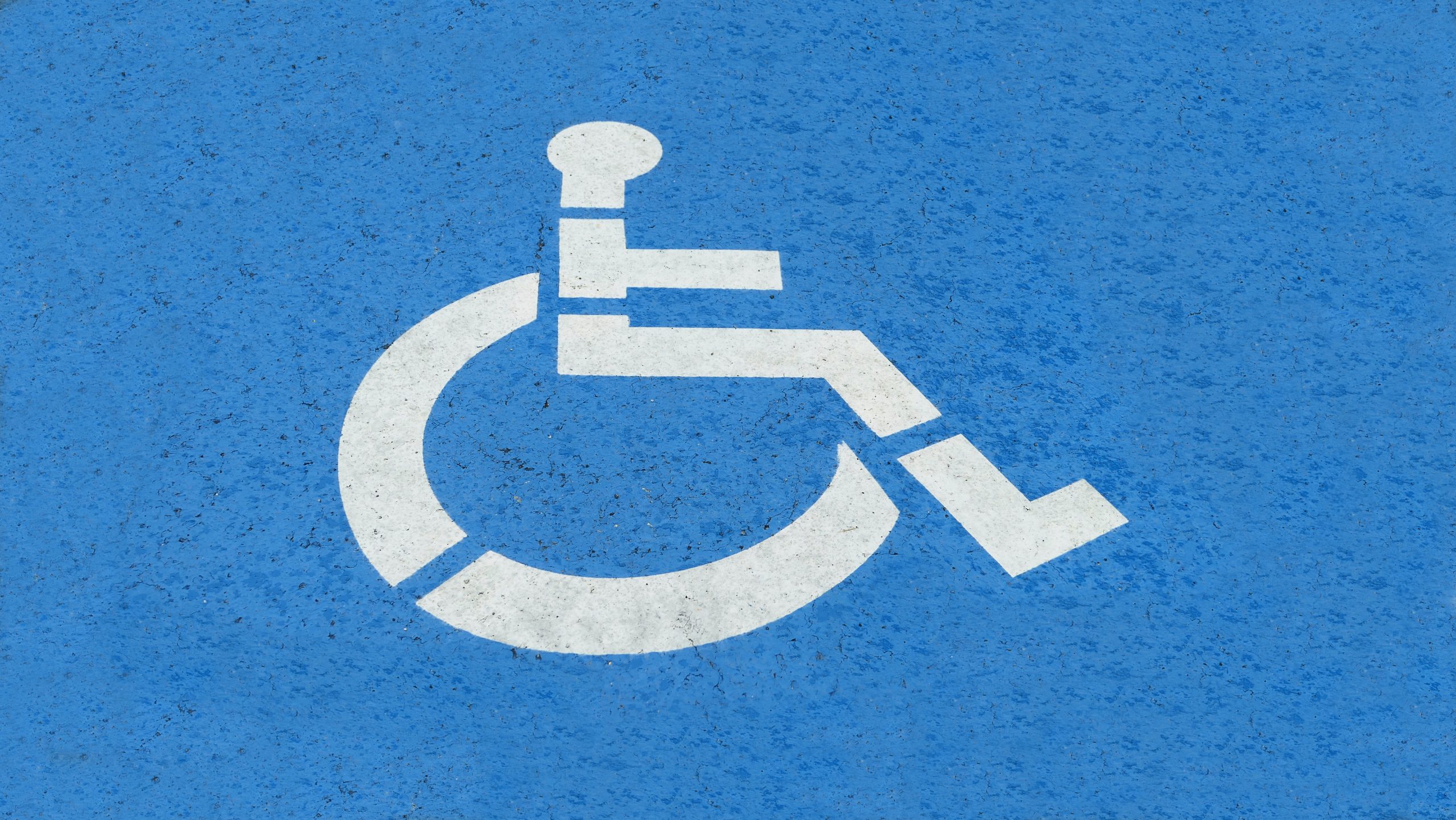
Shelter, protected by the U.S. government under fair housing and anti-discrimination laws, is a fundamental human right. A subset of these regulations removes obstacles so disabled persons can take full advantage of housing opportunities. Under these laws, the landlord must adapt his units to renters’ unique needs. He must also provide reasonable accommodations to disabled tenants.
While “reasonable accommodation” has many definitions, it specifically means adjusting policies so disabled tenants have greater on-site autonomy. And a “reasonable modification” means changing the unit to make it more accessible.
But what if a landlord doesn’t comply? And what do “reasonable accommodations” look like in practice? Read on for a closer look.
Reasonable Requests
A tenant may request reasonable accommodation because of a disability he has. He must submit his request to the landlord—though not necessarily in writing. His request should specify his disability and describe the proposed change.
For a request to be considered reasonable, it must not . . .
- Cause the landlord undue financial or administrative burdens.
- Change the fundamental nature of the housing.
- Harm or infringe the rights of other tenants.
Cost isn’t usually a factor for accommodation requests since they don’t involve structural changes to the property. And if the request is for a modification, the landlord typically doesn’t have to pay for it unless he receives government funding. But if the modification request is otherwise reasonable, the landlord must let the tenant make the change at his own expense. If desired, the landlord can insist that the renter restore the unit to its original condition at the end of his tenancy.
Avoiding Legal Pitfalls
Following a request for reasonable accommodation, a landlord may ask for a doctor’s note to substantiate the tenant’s disability. But the landlord may not request medical records or other unrelated specifics about his tenant’s physical or mental health. The Fair Housing Act requires landlords to grant accommodation requests within the “reasonable” scope described above. Failing to honor a reasonable request may incur court costs, a court order to make the requested change or damage payments. Landlords cannot refuse residency to persons with disabilities or require additional conditions or fees due to reasonable accommodation requests.
Common Examples
Let’s discuss a few examples of accommodation requests a landlord may encounter.
- A renter who becomes wheelchair-bound may need a ground-floor unit or an exception to end his lease early.
- Someone needing a service animal may be exempt from a no pets policy.
- A renter whose disability affects his mobility could install grab bars in the bathroom or a ramp over the entrance stairs.
- Outside the building, a landlord might waive the guest parking fees for a home healthcare aide or reserve a specific parking space for a disabled tenant.
By embracing fairness and flexibility, landlords can turn the perceived hassle of reasonable accommodations into an opportunity. As they work with tenants—regardless of their abilities—they will improve living conditions for everyone.
About Rentals America
Rentals America provides full-service property management for residential rental properties. Our team is wholly dedicated to property management, and we’re here to help landlords navigate the rental market.










